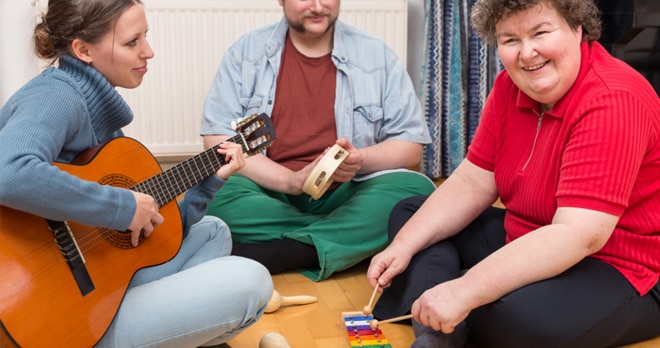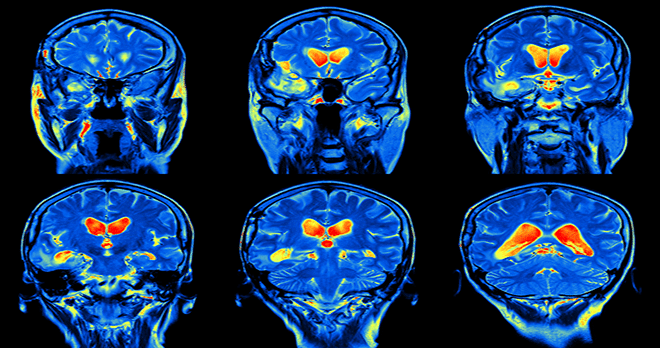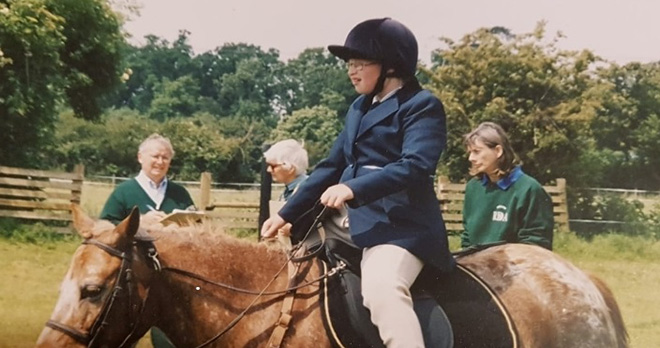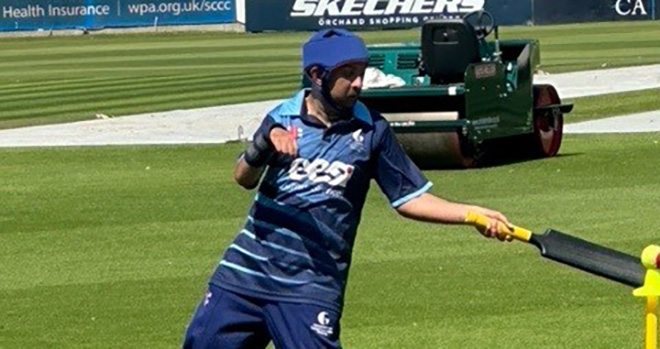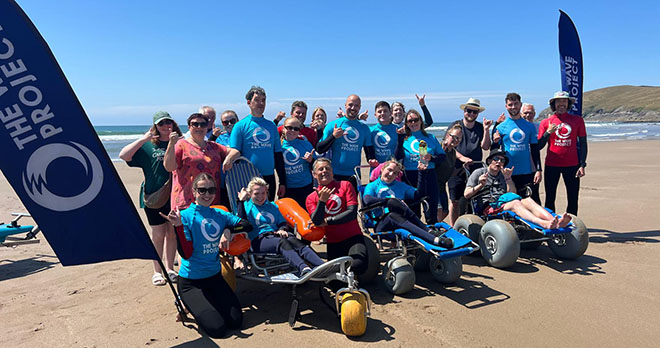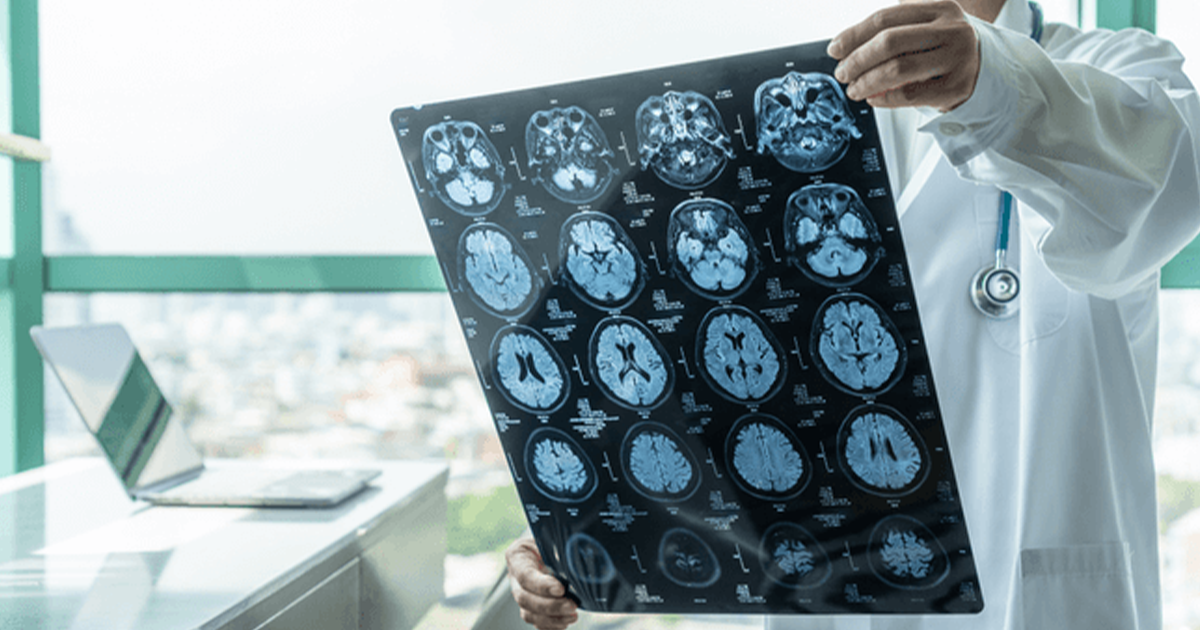Essential brain injury rehabilitation support options
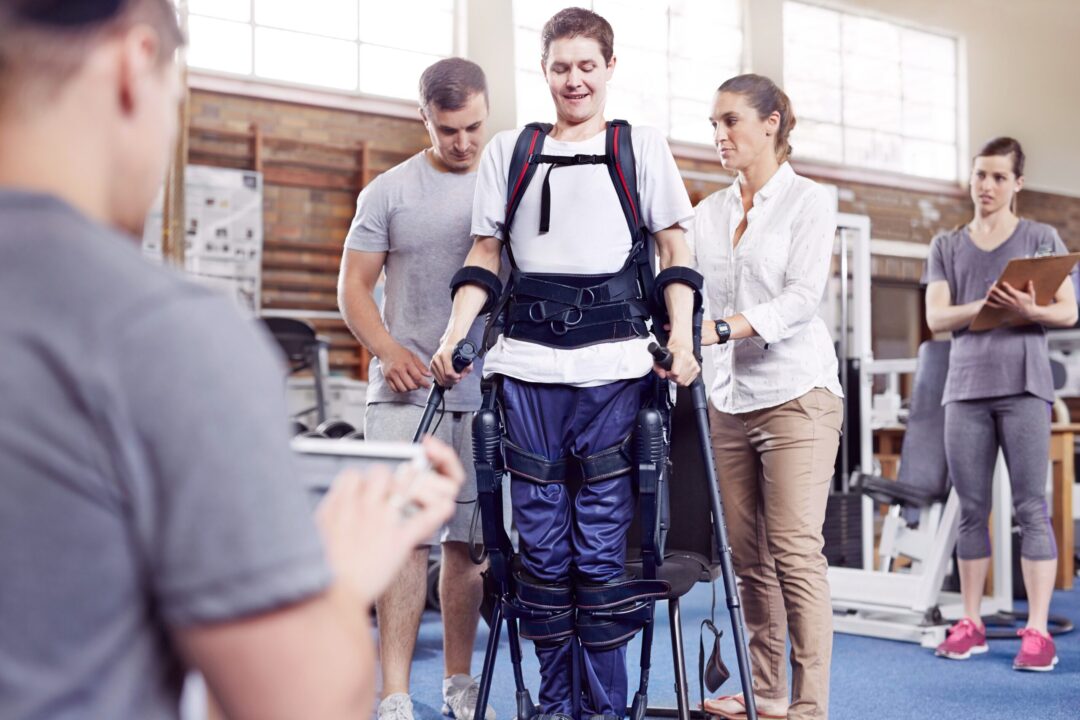
The early implementation of appropriate rehabilitation is of equal importance to the family of those who have sustained a brain injury, to that of the individual who sustained the brain injury.
When you have suffered a life-altering injury it is natural to feel that life will never be as good as it was before, particularly if you are also dealing with chronic pain and restrictions to what you can do. Life after a brain injury can require enormous physical and psychological adjustments for you and your family.
What is the best treatment for someone with an acquired brain injury?
Treatment and/or rehabilitation for brain injury survivors depends on what motor or cognitive functions have been injured. Visible injuries or deficits are in many ways easier to deal with. For example, if you have a lack of physical function, then physiotherapy can be used to help. Hidden injuries such as tiredness, lack of cognitive function or awareness, may be harder to spot in the first place. However, once they are identified they can be addressed. It is therefore important to seek referrals to relevant therapists early and utilise the professionals immediately available.
Best practice in rehabilitation necessitates a multidisciplinary approach to include a number of therapists. In simplistic terms, the earlier someone has access to such a team, the better their overall outcome is likely to be. People may continue to improve for several years after a brain injury but usually the most noticeable improvements happen within the first 6 months.
Below are details on a variety of common therapies supporting in rehabilitation after brain injury.
Physiotherapy
Early rehabilitation after a brain injury can work on issues such as physical movement, co-ordination, and balance. Physiotherapists can help work with muscle stiffness, provide exercises to strengthen the muscles and improve physical abilities. In some cases, people need to re-learn to walk or to use an upper limb, , so getting the right kind of physio and consistency of treatment is vital.
Speech and language therapy
A speech and language therapist can assist with communication needs such as speech. They can also assist with swallowing, eating, and drinking issues. Being able to eat and drink safely is a valuable part of getting back to normal family life.
Occupational therapy
An occupational therapist can help with everyday activities and regaining independence through the use of appropriate aids and equipment. They can also assess personal needs and advise on any home adaptations that may be required. This can include ramps for wheelchair access, or handrails around the home to help provide key support.
Occupational therapists are a valuable source of information to help you through the rehab process. In addition to teaching new skills to make day-to-day activities easier, they can also help individuals relearn what they have lost.
Neuropsychotherapy
A clinical neuropsychologist can assist with cognitive difficulties, emotional responses, and the trauma associated with injury. Cognitive rehabilitation may include individual and group rehabilitation sessions as well as wider family psychotherapy.
Vocational counselling
A vocational counsellor can help assess an individual’s ability to return to the workplace. This may be returning to a role with some adjustments, or if a previous line of work is no longer suitable, advising on alternative jobs that may be an option.
Creative arts therapy
Creative arts therapy encompasses art, music, and drama therapy as a way of accessing different cognitive functions and finding something that works for someone’s specific needs.
Initially, it may be very difficult to predict how long recovery will take and what the likely outcome will be. Whilst you should be prepared that often rehabilitation is a long and slow process, some rehabilitation will have a shelf life, and if not implemented early enough it simply does not have the benefit it is intended to.
Where do I find brain injury rehabilitation providers?
If rehabilitation has not been offered, but you feel it would be beneficial, it is worth discussing the matter with your GP or consultant. By talking to them they may be able to provide a referral or recommend suitable rehabilitation services.
There are various rehabilitation providers across the UK, some are available on the NHS and others are paid for privately. Dependent on the injured person’s needs, rehabilitation can be either inpatient (if the person is not yet ready to return home after discharge from hospital) or outpatient (where the person is well enough to return home but still receives further treatment and support). It is important to seek out rehabilitation as soon as possible to achieve the best possible outcome.
Jamie-Lee’s story of brain injury
Jamie-Lee is a successful businesswoman, running two hospitality businesses and with plans (at time of writing) to start letting property. This involves busy days managing staff, finances, builders, and everything else that goes along with running multiple enterprises. Many would be surprised to discover though that Jamie-Lee has a hidden disability: Jamie-Lee lives with a brain injury.
Related services and support
Legal Insight from our team of Brain injury experts
View more articles related to Brain Injury








